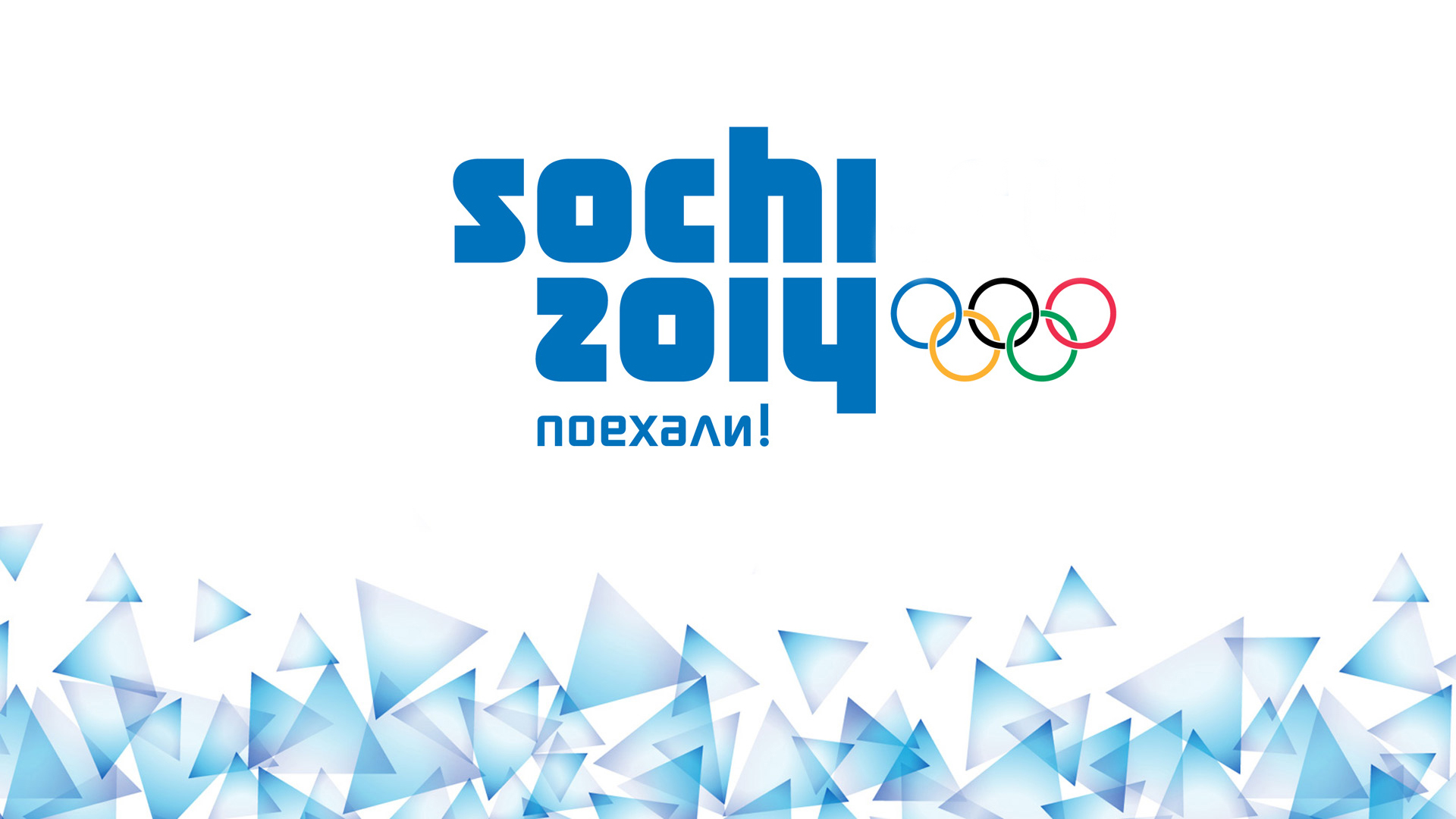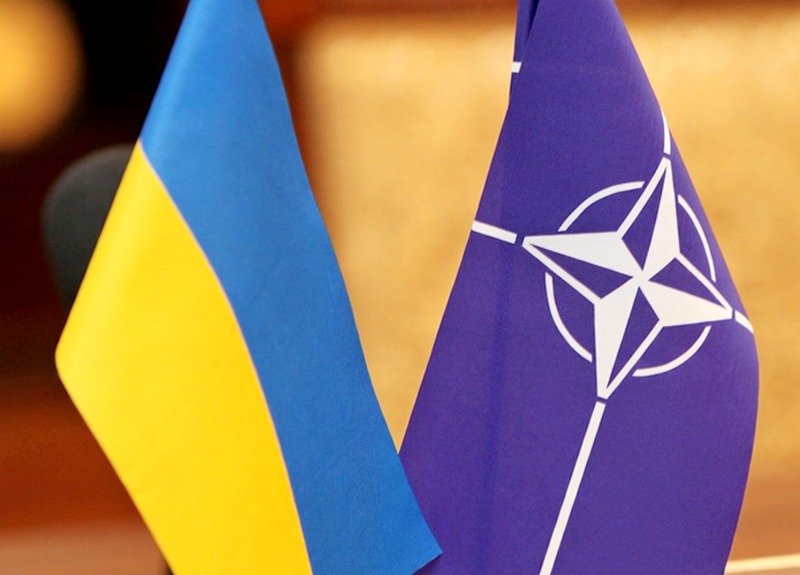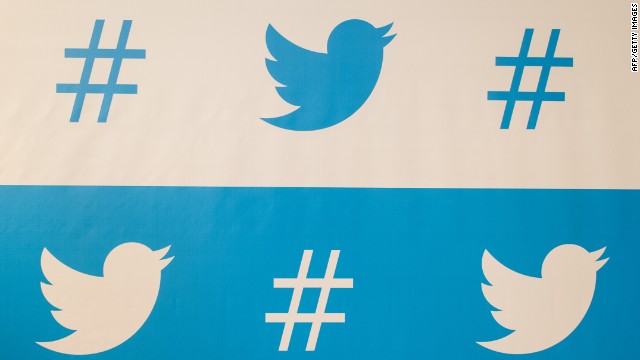Every Olympic Games attracts some sort of criticism, but Sochi 2014 has definitely garnered more than usual. Since arriving in Sochi to cover the games, Western journalists have taken to Twitter to complain about their accommodation, driving attention away from the competition and towards Russia’s so-called mess. This is best exemplified by the Twitter account @SochiProblems, which collects journalists’ complaints, mostly in the form of photos, during their stay in Sochi. The account has garnered 340,000 followers, more than the official Sochi Olympics account, illustrating how Sochi hotels’ malfunctions have become the story.

For example, Stacy St. Clair, a reporter for the Chicago Tribune, tweeted a picture of her orange tap water, claiming that the hotel told her not to use it on her face because it was “too dangerous.” Other reporters complained of a lack of hot water, finding stray dogs in their hotel rooms, and construction workers sleeping on their beds. ABC reporter, Matt Gutman, also found a bee in his honey during breakfast. Some journalists have even begun swapping light bulbs for functioning doorknobs, while others tweeted falling curtains for fun.
With these tweets going viral and receiving extended coverage in Western media, many have questioned Sochi’s readiness to host an event of this magnitude. This has angered many Russians, especially since the government spent a whopping $51 billion to get Sochi ready for the games. Russia invested billions in infrastructure, built 25,000 new hotel rooms, and constructed roads and trains that would allow people to commute from the Black Sea shore to the mountains, which are 35 kilometers away.
According to Julia Ioffe from New Republic, many Russians believe Westerners have been “happy to report” such “superficial” details, calling the phenomenon zloradstvo, or “evil-reveling.” While it may be true that the Russian government has not done the best job preparing for the games, Russians perceive Western media coverage as an exaggeration and a deliberate attempt to portray Russia incapable of hosting the Winter Olympics. Vladimir Yakunin, President of state-run Russian Railways, a railway monopoly in Russia, has said that Western journalists are “feeding hysteria about Russia,” noting their behavior as “far from sportsmanlike” with a “desire to befoul everything about the massive effort to prepare for the Winter Games.” Yakunin’s comments demonstrate various Russian officials’ dismay with Western journalists, perceiving their behavior as a way to “create a negative atmosphere for the athletes and Olympic guests.”
Considering the many international issues that have caused tension between US and Russia, including Syria, the situation in Ukraine, and Edward Snowden, a perceived bias in Western media coverage regarding the Sochi 2014 games can definitely have an impact on US-Russian relations. Ioffe argues that Western journalists previously criticized Athens’ Olympic readiness “in muted tones,” while Sochi coverage has been particularly filled with gloating.
While @SochiProblems did prove entertaining for many and embarrassing for Russia, the real problem is not about Sochi’s readiness or lack of, but the fact that attention was drawn away from the spirit of the games. The point of the Olympic Games is to overcome political and cultural difference among participating countries, and of course, show a degree of global sportsmanship. Many journalists have not demonstrated this spirit and may have contributed to further tension between the West and Russia.





